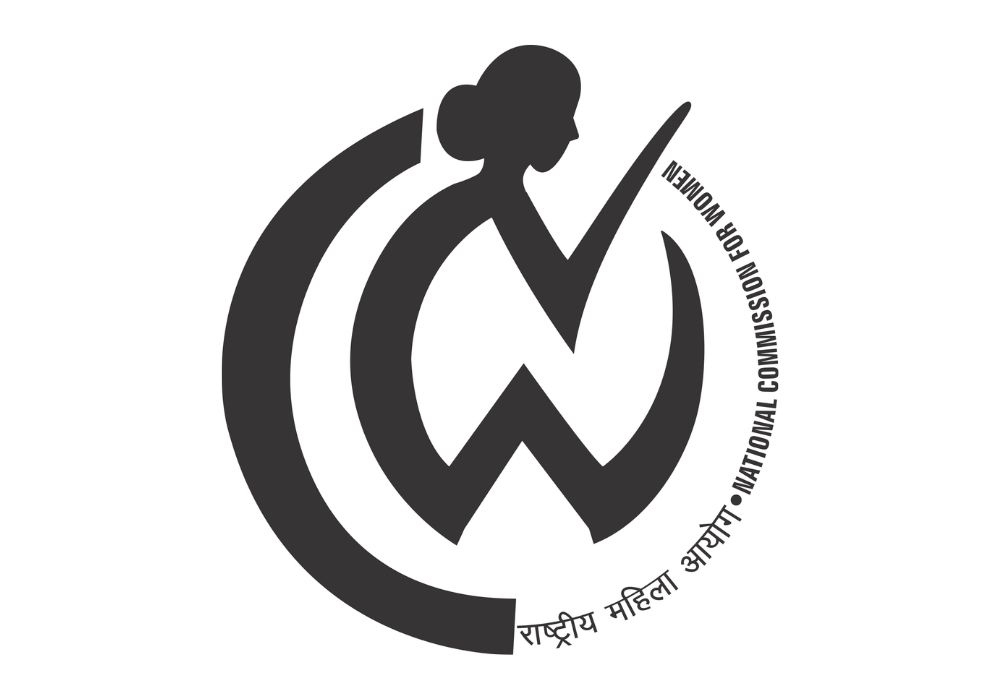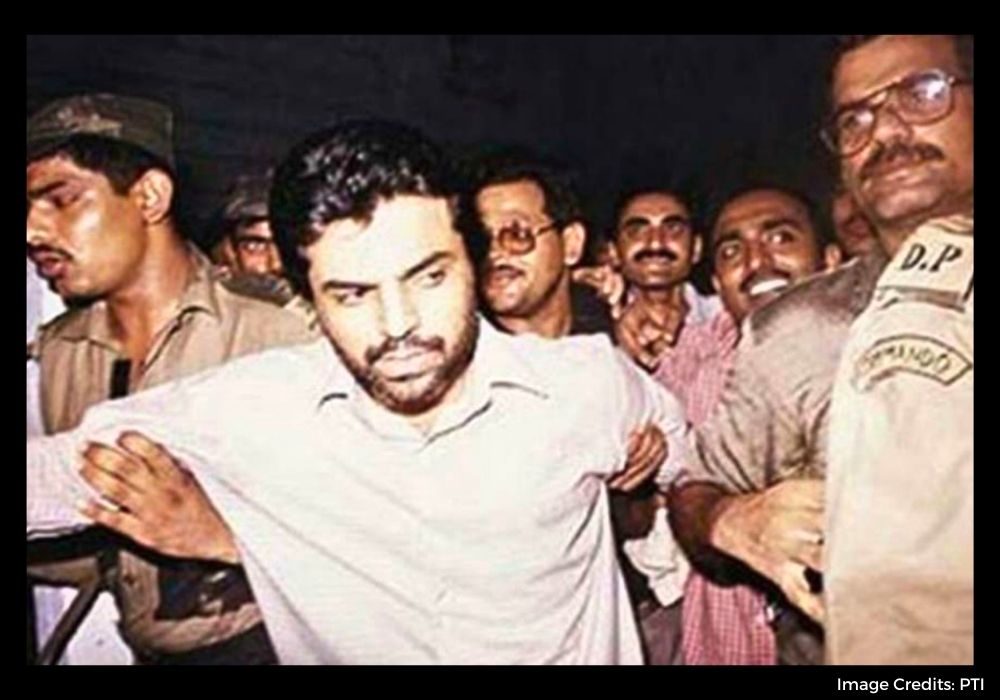Analysis
Curative Petitions: Court in Review
Curative Petitions are the final remedy where the SC can reconsider a dismissed review petition. SCO tracks notable Curative petitions.
2002
Rupa Ashok Hurra v Ashok Hurra
A 5-Judge Constitution Bench recognised ‘Curative Petitions’ as a final remedy to reconsider dismissed review petitions. They held that the Supreme Court could entertain a curative petition under the following grounds: 1) violation of principles of natural justice, 2) question of bias against the presiding judge, 3) abuse of the process of the court. These grounds were not exhaustive. However, the Court should consider such petitions only in rare circumstances to prevent frivolous litigation.
2013
National Commission for Women v Bhaskar Lal Sharma
Monica Sharma had accused her husband and in-laws of cruelty, leading to a summons order against them. The accused appealed against this order in the Supreme Court. The SC set aside the summons order stating that the accusations made by Monica Sharma didn’t fall within the ambit of ‘cruelty’. The National Commission for Women (NCW) filed a Curative petition on behalf of Monica Sharma. Here, the Court recalled the Judgement stating that the Court had ventured into the nature of the allegation, rather than deal with the appeals against the summons order. They stated— “it was too early a stage, in our view, to take a stand as to whether any of the allegations had been established or not.” The Court ordered a fresh hearing.
2014
Navneet Kaur v State of NCT of Delhi
A petitioner convicted under the Terrorist and Disrptive Activities (Prevention) Act filed a Curative petition to commute his death sentence to life imprisonment. A 4-Judge bench commuted his sentence on two grounds. First, the petitioner was suffering from a mental illness, as determined by the Institute of Human Behaviour and Allied Sciences. Second, the fact that his mercy petition was pending for 8 years, was found to be a strong ground for the commutation of a death sentence. The Court relied on Shatrughan Chauhan v Union of India where it was held that an unreasonable delay in disposing of mercy petitions is a ground for commutation of death sentence.
2015
Yakub Abdul Razak Memon v State of Maharashtra
Terror suspect Yakub Memon’s curative petition against his death penalty was dismissed. The Supreme Court Rules 2013 state that a curative petition has to be placed before a 3-Judge Bench and the judge who delivered the challenged judgement. Justice Kurian Joseph stated that the Court wrongfully dismissed Memon’s curative petition as it violated the Rule. The Judge who delivered Memon’s Judgement had retired. Chief Justice Dipak Misra noted that the Court it would be inappropriate to include a retired judge as a party.
2023
Union of India v Union Carbide
In 2010, the Union Govt. had filed a curative petition seeking additional compensation for the victims of the Bhopal Gas Tragedy. In 2023, a 5-Judge Bench led by Justice S.K. Kaul rejected the Petition. The Bench narrowed the scope of the curative jurisdiction and emphasised that the previously decided compensation was adequate. The Bench held that a curative petition can be entertained when there is a ‘gross miscarriage of justice’, fraud or suppression of material facts. The Union did not justify the petition on either of these grounds. The Bench viewed that allowing this curative petition would open a ‘Pandora’s box‘ stating—”We find it difficult to accept that this Court can devise a curative jurisdiction that is expansive in character”.





